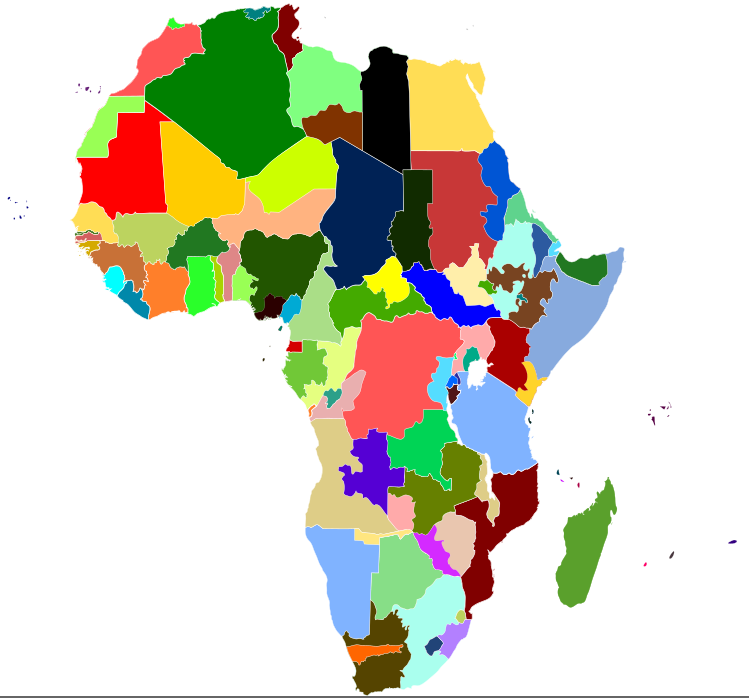Headline
SPECIAL REPORT: Why separatists in Cameroon and Nigeria have united

Cameroon’s five-year conflict could be taking a significant new turn with reports that its English-speaking separatist groups are getting help from an armed group in neighbouring Nigeria. After two attacks by Anglophone militants which cost the lives of 15 Cameroonian soldiers last month, the army issued a statement declaring that “the separatists have used heavy weapons for the first time, in violation of international humanitarian law”.
It went on to add that “the rise in power of these terrorist groups… is largely due to their co-operation with other terrorist entities operating outside the country”. Contacted by the BBC, Cameroonian defence forces spokesperson Col Cyrille Atonfack Nguemo did not specify which foreign groups were allegedly working with the Anglophone separatists, who say they face discrimination in the country dominated by French-speakers.
It is therefore unclear whether the military believes it is one or several armed groups, and also where they are located. But the separatist Ambazonia Defense Forces (ADF) has confirmed an alliance with the Indigenous People of Biafra (Ipob), an ethnic Igbo group waging a sometimes violent campaign for autonomy in south-eastern Nigeria, some of which lies just 150km (90 miles) from the border with Cameroon’s English-speaking regions.
A video posted on the ADF Facebook page earlier this year shows Cho Ayaba, the leader of the Ambazonia Governing Council – one of the two main English-speaking separatist groups, and Ipob leader Nnamdi Kanu announcing a “strategic and military” alliance.
Both separatist leaders explained that the two groups would “work to secure their common border and ensure an open exchange of arms, intelligence and personnel”. Analysts are divided. “For the moment, the contribution of this alliance on the ground in the Anglophone zone is not yet clear,” says Elvis Arrey, senior analyst for Cameroon at the research group International Crisis Group (ICG).
However, Raoul Sumo Tayo, a historian and security analyst in the region, says it should not be downplayed, as it offers both groups rear bases where they can retreat, beyond the reach of their respective countries’ armed forces.
This is especially significant in Cameroon, where he said the “army was practically absent [from the areas hit by conflict] before the insurgency and therefore has extremely limited knowledge of the area”.
The two countries have previously discussed giving each other’s security forces the right to cross the border, especially when chasing members of the Boko Haram Islamist militant group further north, but a deal was never reached.
The Cameroon authorities have not gone into much detail about what kind of weapons they say are being used, beyond briefly referring to anti-tank missiles and rocket launchers. Some actually come from attacks on the defence and security forces, says the ICG’s Mr Arrey. “Other weapons come from Nigeria,” he adds. According to Mr Tayo, even “before the crisis in the Anglophone regions, the Niger Delta area was an important hub for arms trafficking in the sub-region”.
Culled from BBC




 Davido's Net Worth & Lifestyle
Davido's Net Worth & Lifestyle 
